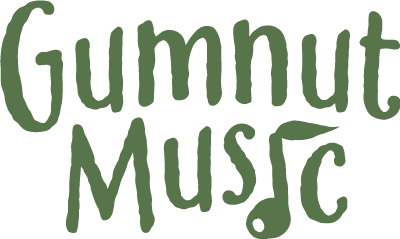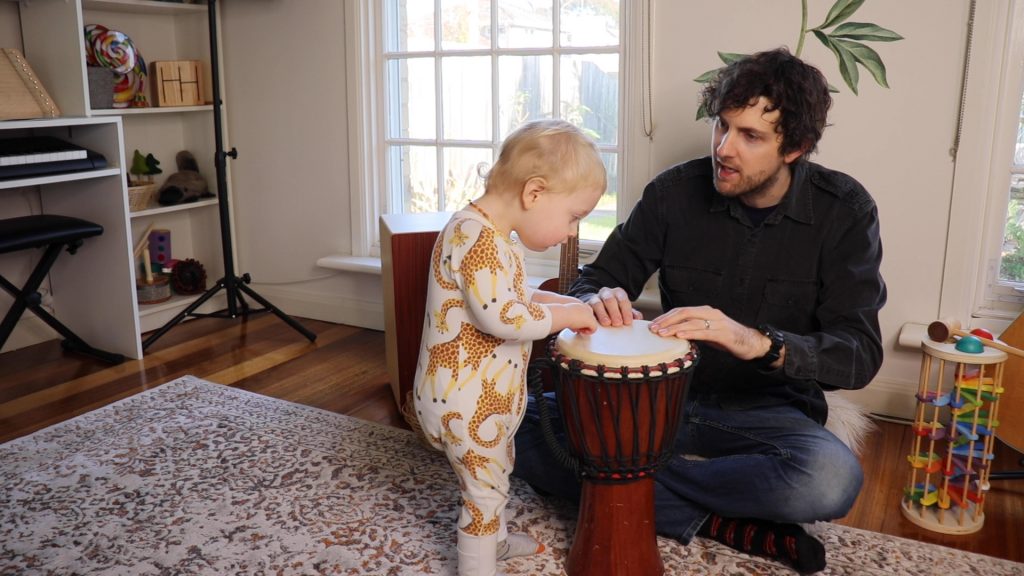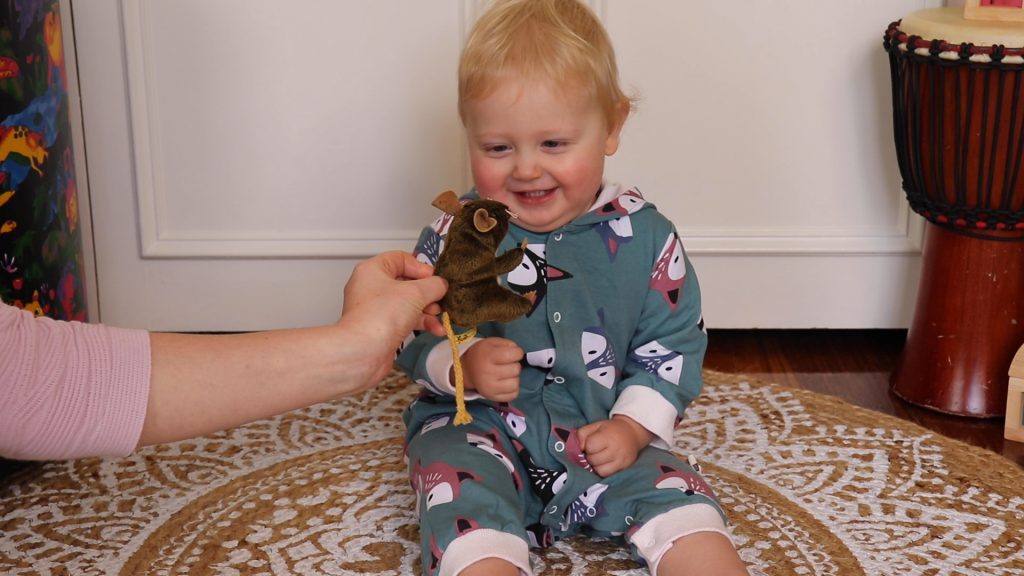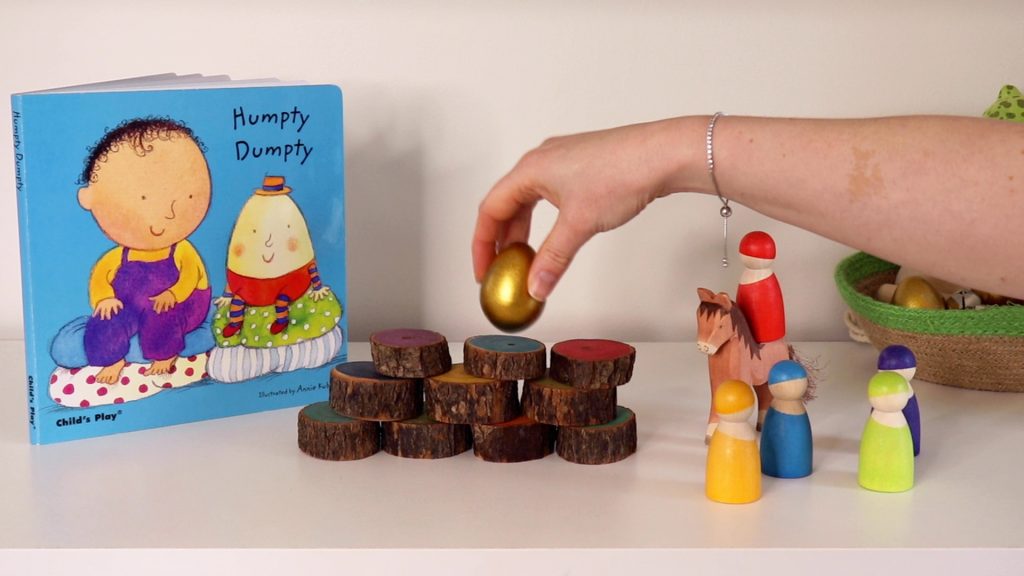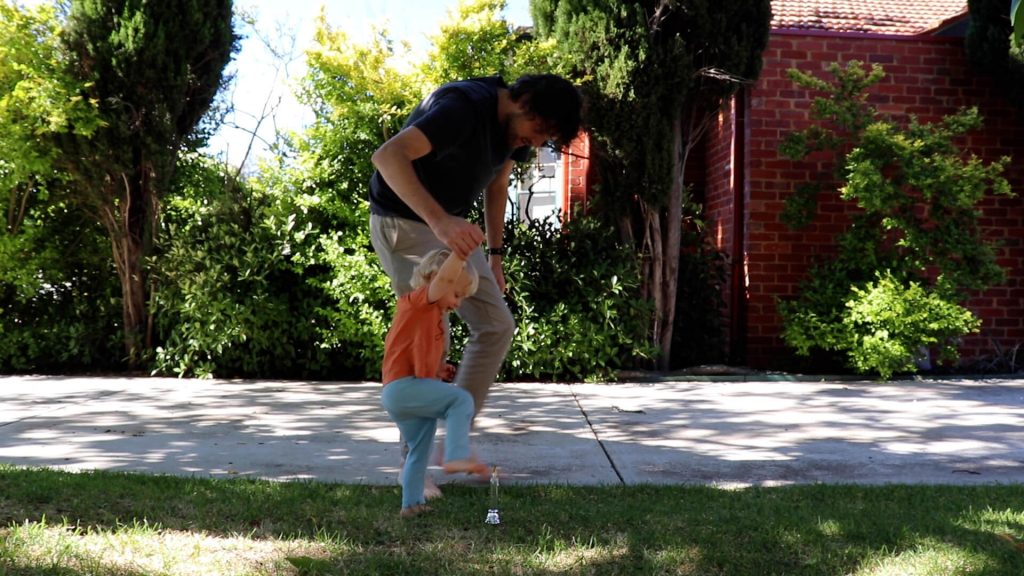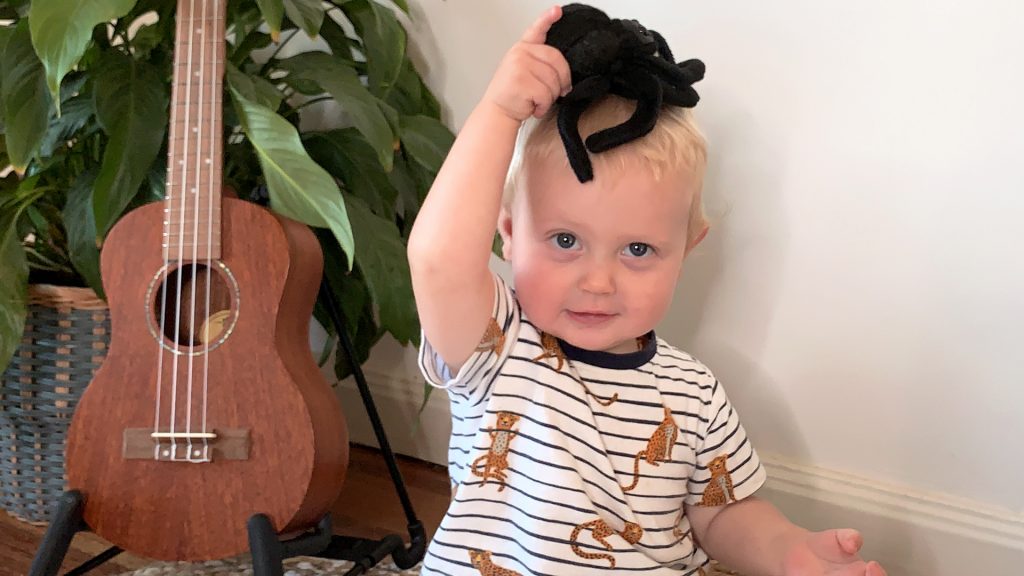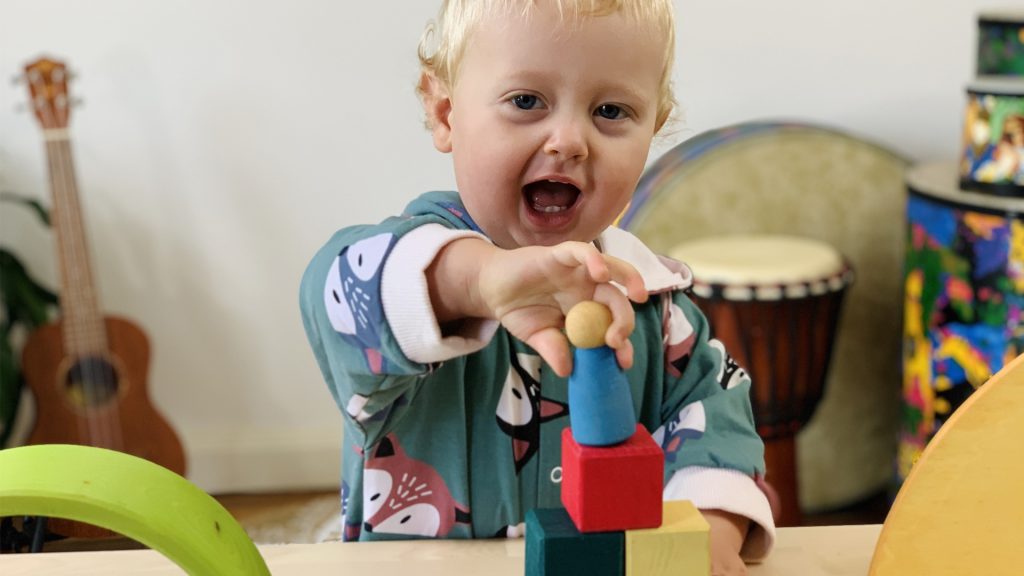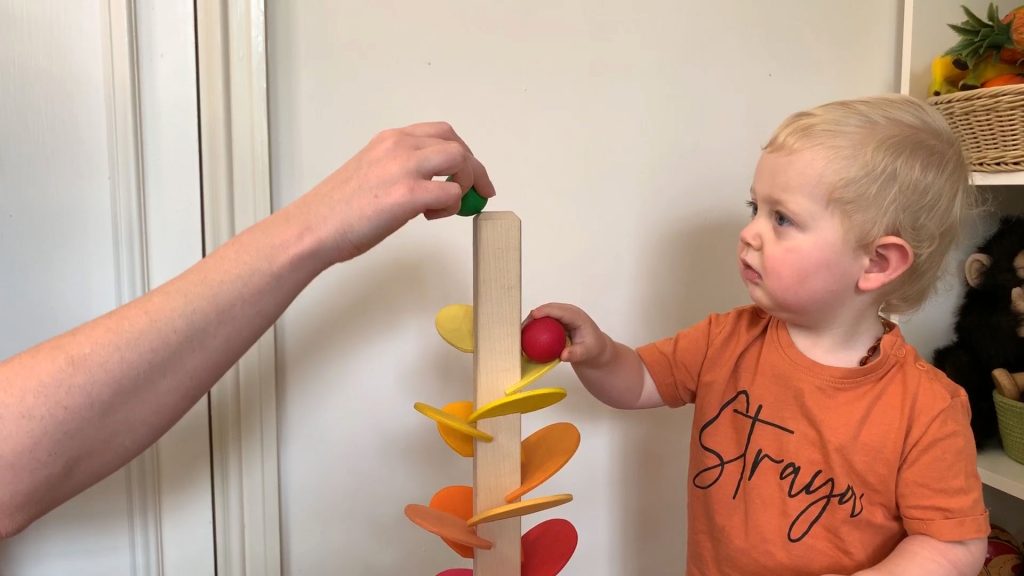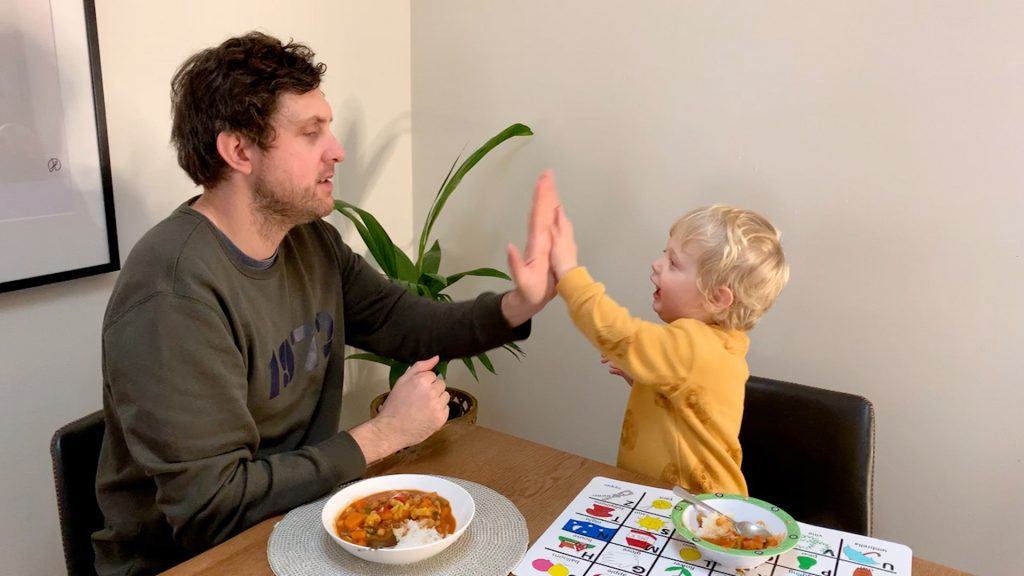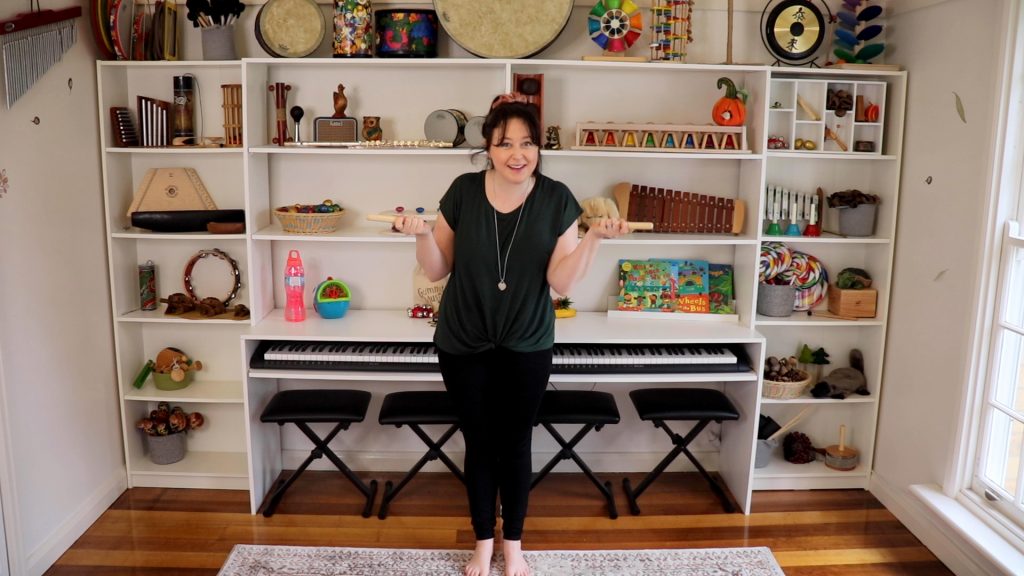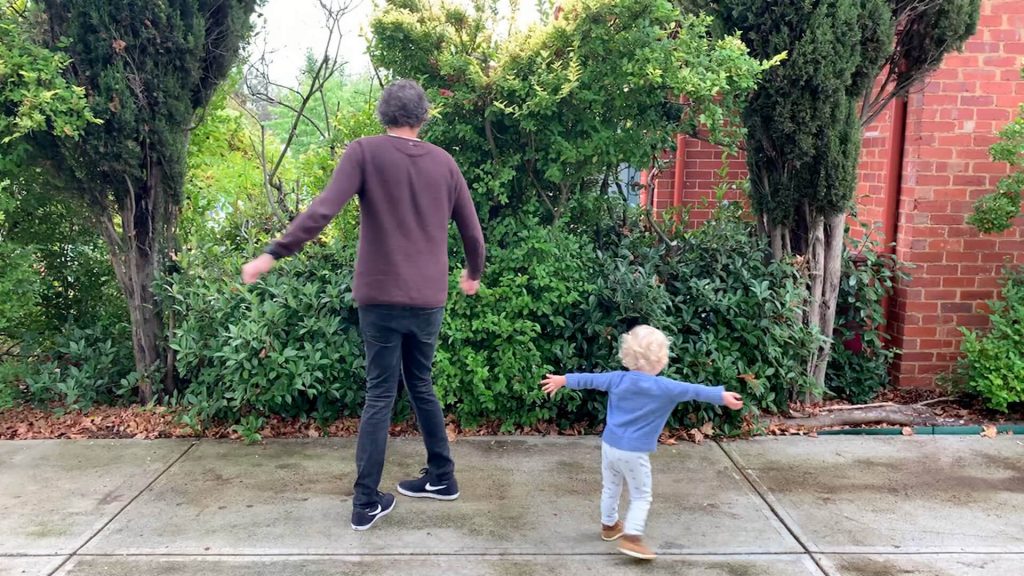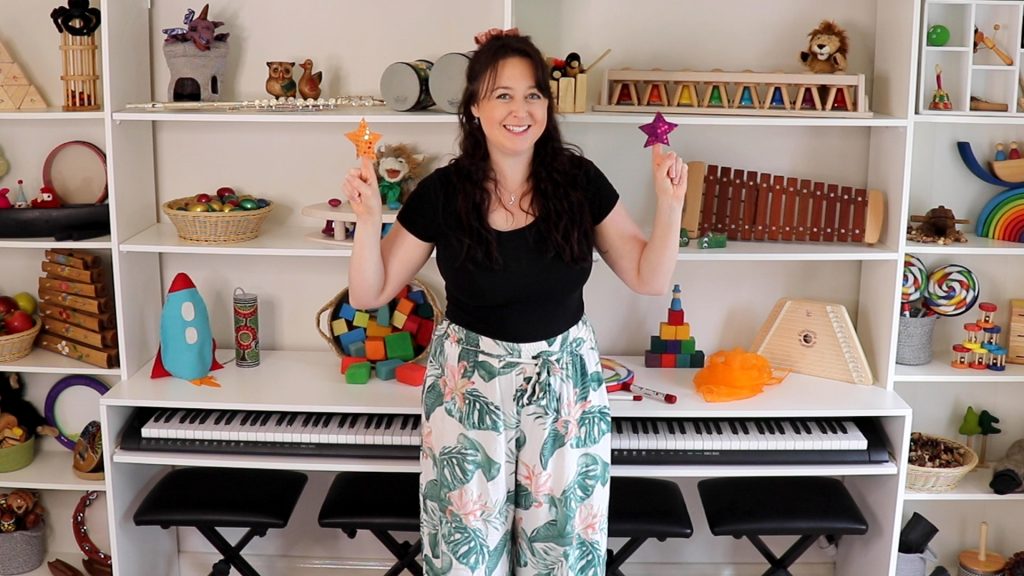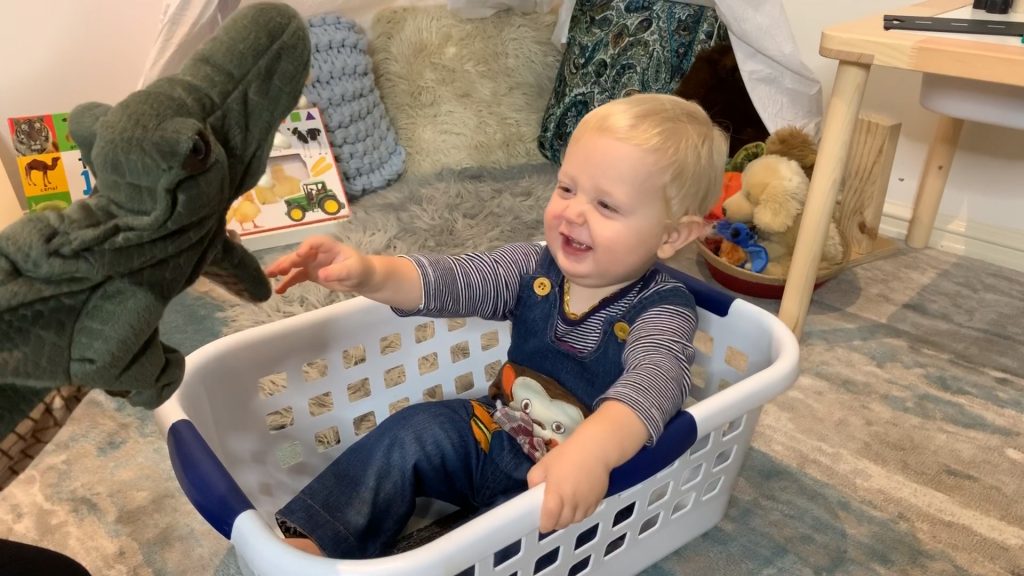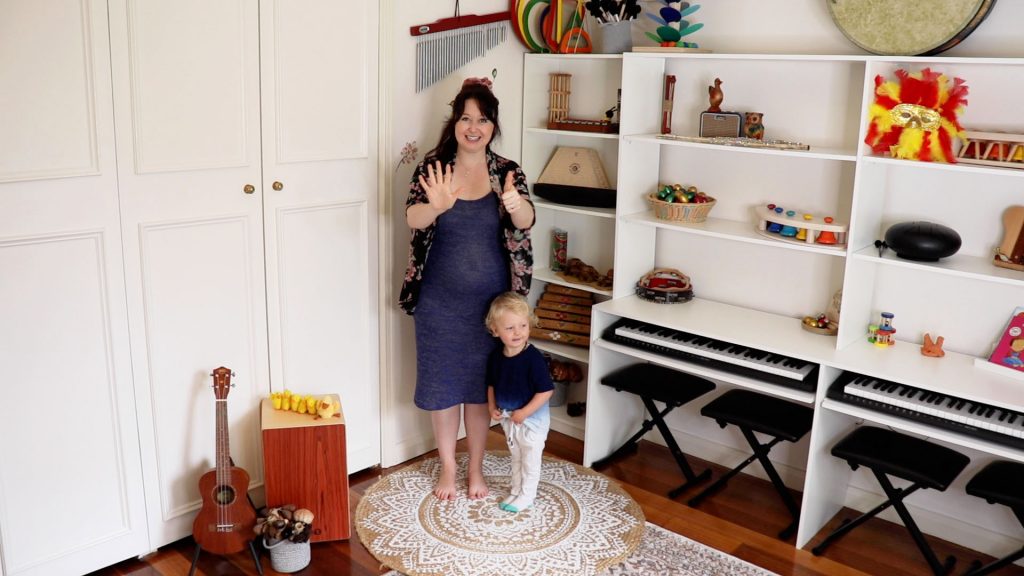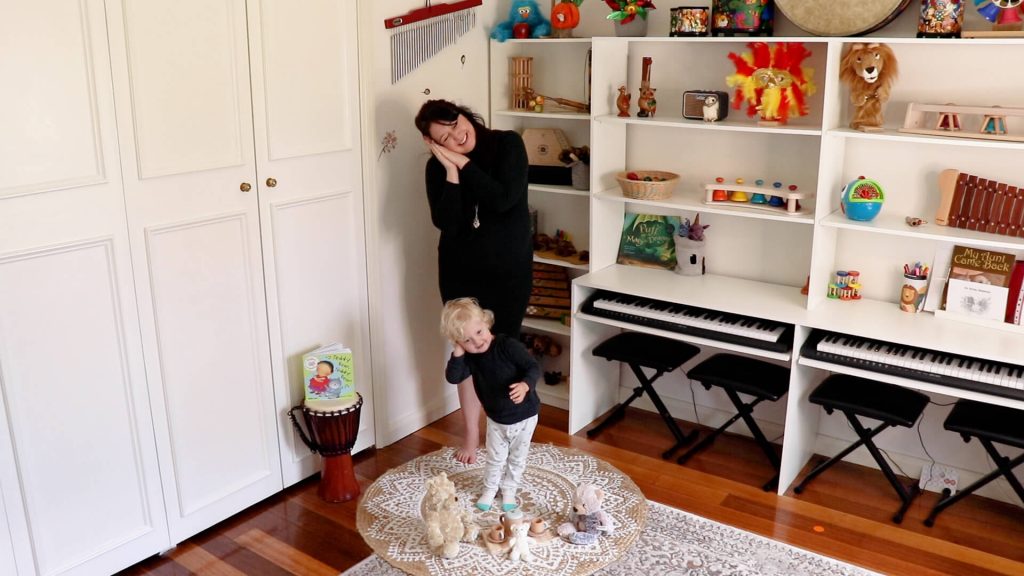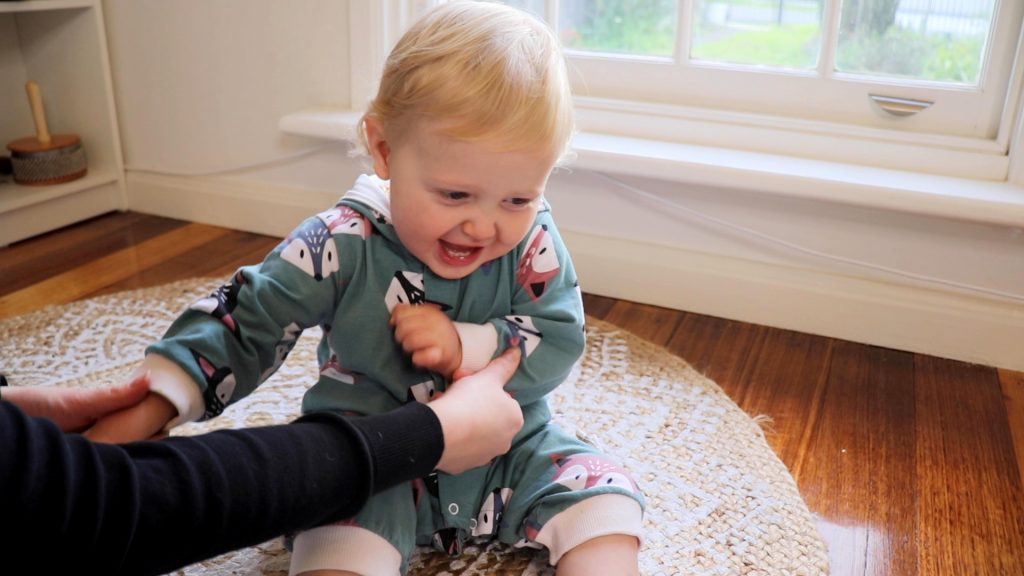Nursery Rhymes
Nursery rhymes hold the key to unlocking some of the most powerful early years learning.
If there were just one top toy I would recommend to parents and carers, I would say, “It is YOU! You are your child’s best toy.”
When equipped with a nursery rhyme, we are equipped with an opportunity to teach! Here at GM TV HQ, you will hear us sharing and enjoying rhymes daily.
Nursery Rhymes are a workout for the young developing brain because:
- They promote vocabulary, language and literacy skills
- They develop numeracy skills.
- They encourage social, physical and emotional skills
- They connect us to our heritage as they are handed down through the generations
- They promote connection
- They provide fine and gross motor activities
- They immerse children in dramatic play
- They promote creativity
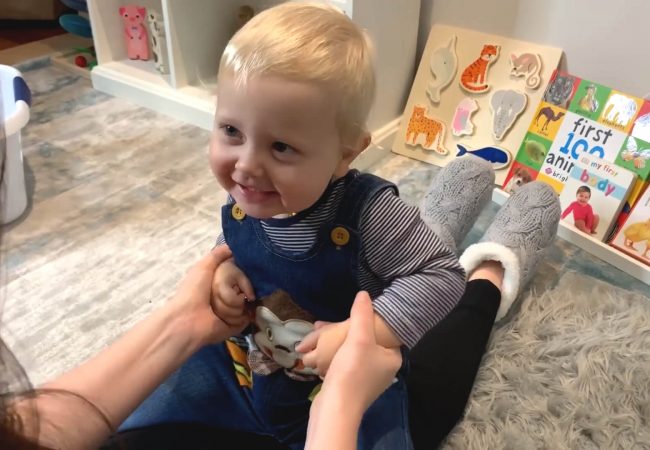
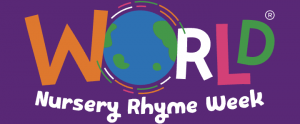
This month we are inspired by World Nursery Rhyme Week (WNRW) happening Monday, November 15th to 19th. WNRD highlights the importance of nursery rhymes in early learning and that sentiment would not align more perfectly with our mission here at Gumnut Music.
Explore Nursery Rhymes
This playlist is designed to diversify how you enjoy Nursery Rhymes. Recite them, dance to them, act them out or make up new actions! There is no right or wrong way to play. The more ways we explore the context, the deeper meaning we give to a rhyme.
Before we get into the playlist, I MUST stress that what truly sells a nursery rhyme is the wonderment from the grown-up. Us adults need to use expressive faces and dramatic voices. Nursery rhymes are filled with imagination, jokes, excitement, suspense and sometimes even sadness. This needs to be communicated in our delivery. The grown-up must bring the nursery rhyme to life to reveal the meaning behind the words. This type of storytelling will (among many things) help children connect with the rhyme and build empathy.
Play by stage
Here are some tips for exploring Nursery Rhymes.
I’ve broken these tips into categories to support you in meeting your child where they are at. Please note that you can use any of these tips at all ages and stages of your child’s development, depending on their unique learning needs.
1: Beginner
Nursery Rhymes are powerful learning tools as they are often tactile or involve actions. Our youngest learners will enjoy feeling Nursery Rhymes and songs through their bodies. For example, teaming the word “up” with a finger crawling up a baby’s body will help them connect the word with the feeling of upward movement. Check out Slowly Slowly for tickle play like this. Additionally, our Baby Course is dedicated to early rhymes with built-in tactile play.
2: Intermediate
Use Nursery Rhymes to work on fine and gross motor skills. The music, connection with an adult, and movements make the learning engaging and memorable. Children LOVE repetition, so singing and reciting rhymes on repeat help your child master the words and actions. Try Looby Loo for big motor movements and Here is the Sea for fine motor skills. Feel free to change up the words and actions so you can focus on any skills your child is working on.
3: Advanced
Nursery Rhymes are filled with patterns and less frequently used words. This makes them an excellent language study and a great challenge for your child’s working memory. As your child learns and masters more simple rhymes, begin to challenge them with longer and more complex rhymes. A helpful teaching technique is to leave off the last word of a sentence for your child to fill in. As your child becomes more familiar with the rhymes, leave more parts for them to fill in. Two fun rhymes with lots of actions and words to remember include Six Little Ducks and Teddy Bear, Teddy Bear.
Teaching Tip!
Work Nursery Rhymes into your day with incidental play.
Work Nursery Rhymes into your day with incidental play. For example, if it’s raining, sing a song about the rain, such as Down the Little Raindrops Fall. If you’re enjoying lunch, try the fun hand clap Lunchtime. Lastly, it is running and jumping inside, and you’d like to direct the play outdoors, so why not try Jack be Nimble?
Attaching nursery rhymes to your child’s everyday experiences makes their learning more meaningful and relevant to the world around them. When children participate in these types of incidental learning experiences, they are more likely to be actively engaged and retain what has just been taught.
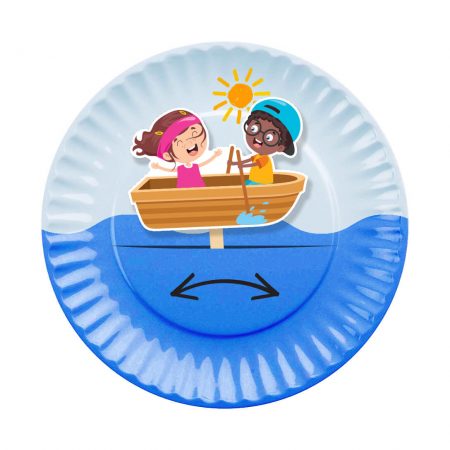
Andrew's Art Corner
Extend the play with our DIY rowboat craft (created by our graphic designer Dad Andrew). Sing along as you row the boat from side to side.
Learning Resources
Explore Nursery Rhymes with our open-ended resources at 15% OFF* from the Gumnut Music shop.
Novembers code: W9HXK5B5
*Exclusions may apply.
